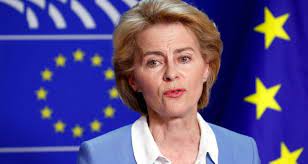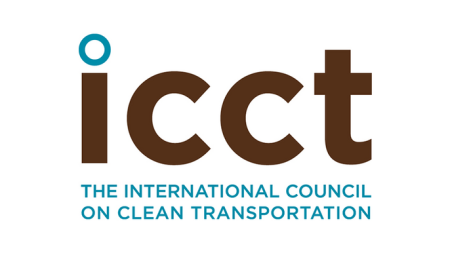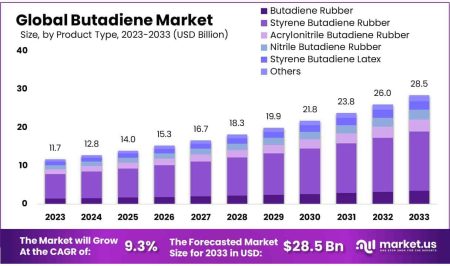 London — Glencore will set aside $1.5 billion for probes into bribery and market manipulation, which it expects to resolve in 2022, it said on Tuesday, as it announced record earnings from booming raw materials prices.
London — Glencore will set aside $1.5 billion for probes into bribery and market manipulation, which it expects to resolve in 2022, it said on Tuesday, as it announced record earnings from booming raw materials prices.
It also promised a $4 billion payout to its investors and said the trading division could benefit from further disruptions to commodity markets, including from tension between Russia and Ukraine.
The company, one of the world’s biggest miners and commodity traders, faces investigations in Brazil, Britain and the United States following corruption allegations relating to some of its operations in the Democratic Republic of Congo, Nigeria and Venezuela since 2018.
“We recognise there has been misconduct in this company historically. We’ve worked hard to correct that,” CEO Gary Nagle told reporters.
Glencore also faces separate corruption and bribery investigations by Swiss and Dutch authorities.
“Although the Swiss and Dutch investigations are expected to remain outstanding, we believe that with the main investigations quantified, this will likely de-risk the company from this ‘unknown known’ which has been an overhang for the company since 2018,” Tyler Broda at RBC Capital Markets said.
Shares in the company rose 1.9% by 1119 GMT.
In preliminary 2021 results, Glencore said it cut net debt to $6 billion at the end of 2021 from $15.8 billion a year earlier.
Adjusted earnings before interest, tax, depreciation and amortisation (EBITDA) rose 83% to a record $21.3 billion, compared with $11.6 billion a year earlier, in line with a consensus estimate of 15 analysts.
The results surpass a previous high in 2018, when Glencore had also been buoyed by a commodity rally.
The company, which owns more than 150 operating sites, is reviewing 27 assets, 14 of which are being sold, Nagle said.
Glencore, which mines battery metals copper, nickel, and cobalt, is refocusing its portfolio on what it terms “commodities of the future” needed for the transition to a greener economy.
But it also sees continued profits from fossil fuels.
Its strategy of depleting its coal mines by the mid-2040s rather than selling them or spinning them off diverges from other diversified miners including BHP and Anglo American.
RUNNING DOWN COAL, ‘CAPITALISING’ ON UKRAINE
Activist investor Bluebell Capital Partners, which last year urged the miner to separate its thermal coal business, has in a letter dated Jan. 24 and made public on Monday, proposed a new structure for Glencore to achieve that.
Nagle on Tuesday said shareholders support the company’s strategy.
“Coal does play an important part in this business. In the discussions I’ve had with shareholders, they’re very supportive of our strategy, they’re very supportive of coal in this business,” he said.
Glencore’s biggest shareholders are Qatar Holding, a unit of the Gulf Arab state’s sovereign wealth fund, and ex-CEO Ivan Glasenberg with a combined 18.5%.
The $4 billion payout to shareholders announced on Tuesday, including dividend payments and a $550 million buyback, compares with the $2.8 billion Glencore said last August it would return to them.
Prices of thermal coal, the most polluting fossil fuel, are close to all-time highs reached last year on expectations of scarce supplies caused by Chinese power shortages and a European gas squeeze.
Surging prices for fuel and other materials needed in mine processing, coupled with tightening labour markets, drove Glencore’s costs up in 2021.
Although metals prices have outpaced inflation, costs can still lead to reduced supplies.
The company put its zinc sulphide operation in Italy on care and maintenance until there is “a meaningful change in power market prices”.
“We’ve cut back production at our smelters in Europe because of these high energy prices,” Nagle said. The company has no plans, at this stage, to bring that production back, he said.
Asked about fears of an impending conflict between Russia and Ukraine, Nagle said Glencore’s investments in Russian companies are “immaterial” and the company does not have major concerns about them.
“If there is some sort of activity in the Ukraine and Russia, it will cause severe disruptions in various commodity markets… and in those instances, that’s where our marketing business really thrives,” he said.
“So we are watching carefully and we will see how we can capitalise on the situation.”
Glencore has sold out of Russian oil firm Russneft, capping two decades of investments.
- Reuters (Reporting by Clara Denina, Helen Reid, Shanima A; editing by Sriraj Kalluvila, Jason Neely, Michael Urquhart and Barbara Lewis)
- Follow us on twitter



